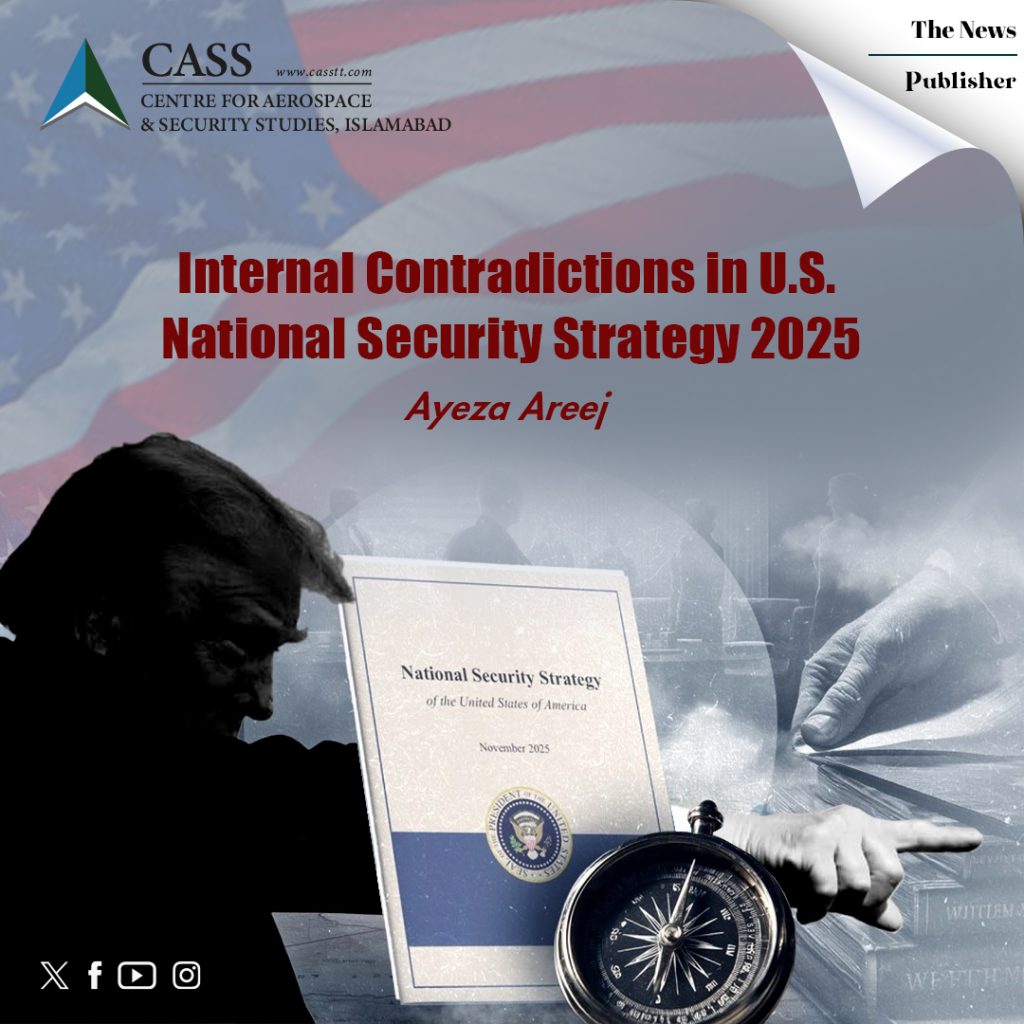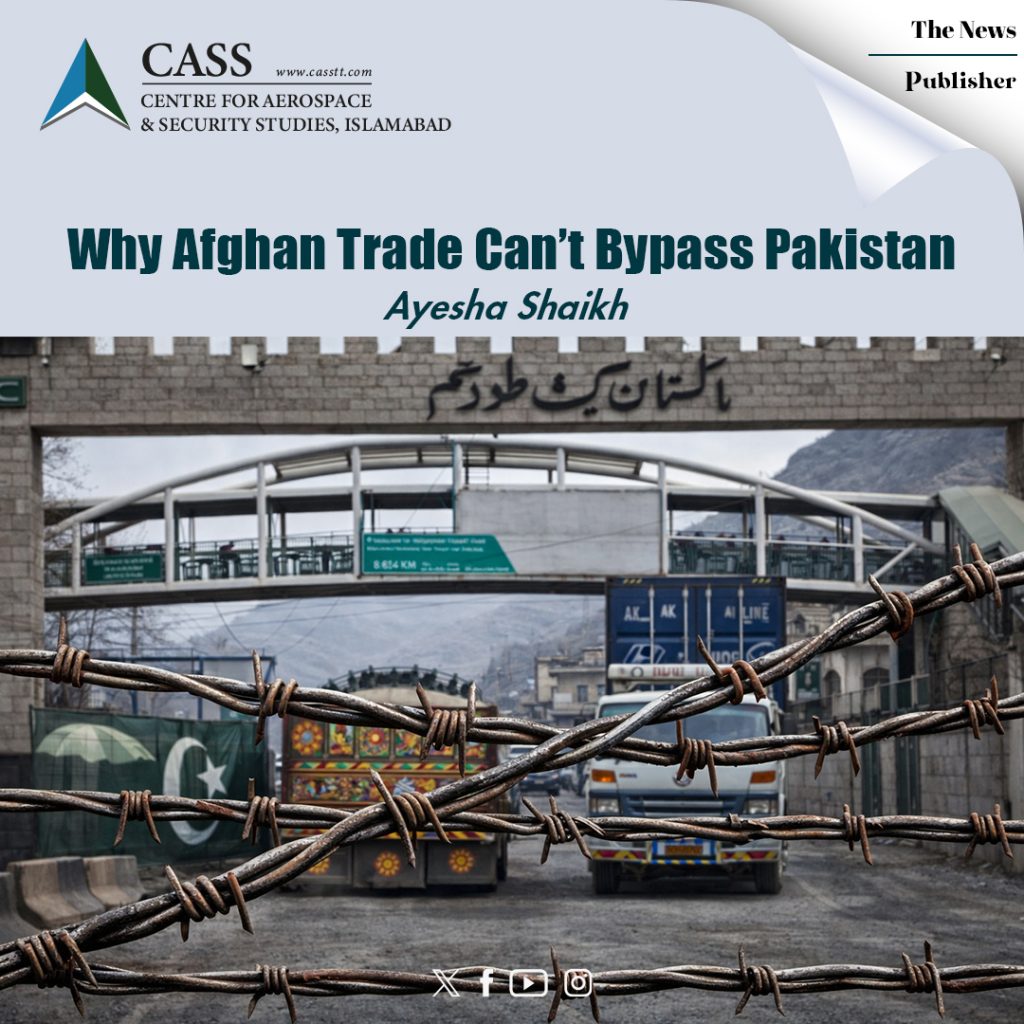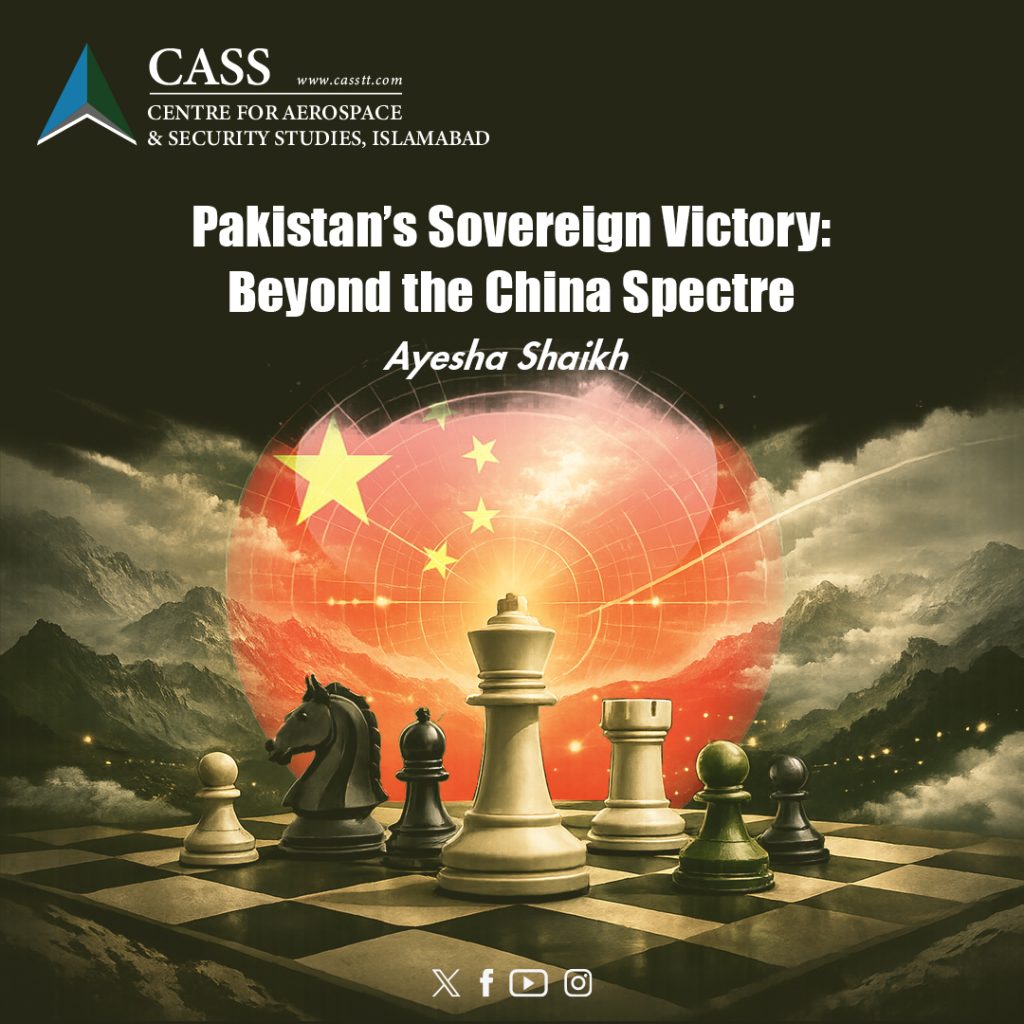Direct negotiations between the Taliban and the Afghan government began in Doha, Qatar on September 12, 2020 after a major demand regarding release of 5000 Taliban prisoners held by the government was met. The Afghan government released most of the prisoners, however, a deadlock-like situation emerged when the government refused to release six men. Australia, France, and some elements in the US government objected to the release of these men, arguing that they were involved in killing ISAF soldiers. Taliban, however, considered the release of its men a prerequisite for the commencement of the peace process and refused to enter into dialogue with the government. Subsequently, both sides reached a compromise, agreeing that the prisoners would be shifted to Qatar where they remain in custody of the Qatari government. Once this hurdle was removed, the warring parties agreed to formally start the much-awaited Intra Afghan Dialogue in Doha.
Abdullah Abdullah, chairperson of Afghanistan’s High Council for National Reconciliation (HCNR) and head of the government negotiating team in his remarks at the opening session of the Dialogue, called for a humanitarian ceasefire. Whereas, Mullah Abdul Ghani Baradar, the Taliban’s Deputy Chief, reiterated the demand of enactment of Sharia Law in Afghanistan as their primary objective.
The Taliban need to show some flexibility and announce a ceasefire that may help reduce tensions between the two warring sides and create a more conducive environment for the Dialogue. This is especially important given that the withdrawal of foreign forces from Afghanistan started soon after the peace agreement between the United States and Taliban on February 29, 2020. The parties in the deal agreed to reduce the number of US troops from 13000 to 8600 within 135 days of the signing of the deal. Recently, during an interview US Secretary of Defence stated that another 3600 US troops would be withdrawn from Afghanistan by November this year; leaving less than 5000 US troops in the country. President Trump wants complete withdrawal of US troops by spring 2021, but this will depend upon the success of Intra-Afghan Dialogue, and the future political setup.
Several issues need to be negotiated during the Dialogue, including the power-sharing deal between various stakeholders; the form of future government; women’s rights; future of armed militias that are at the disposal of various warlords; and the domestic and foreign policy of Afghanistan.
The parties need to enter into the talks in good faith—keeping national interest and achieving peace (on reasonable terms) as their only objective. However, one can only remain cautiously optimistic about the success and implementation of the deal, once it is agreed upon. Ironically, personal interest and lust for power of Afghan leaders have disrupted efforts towards peace and stability on various occasions. After the 2019 presidential elections Abdullah Abdullah refused to accept its results. Consequently, both Ashraf Ghani and Abdullah Abdullah held separate presidential oath-taking ceremonies. After the Peshawar Accords signed on April 24, 1992, a unity government was established in Kabul, but rivals Gulbadin Hikmatyar and Ahmad Shah Masood refused to be part of the same setup and civil war erupted. The attitudinal inflexibility on the part of the warlords and their unwillingness to sit together resulted in interminable and severe hardships for the people of Afghanistan.
Moreover, the role of spoilers is another important factor that needs to be considered. On several occasions, elements within the Afghan government with active support from RAW have been trying to sabotage the talks. The derailment of the Murree Dialogue in 2015 is a case in point where representatives of the Afghan government and Afghan Taliban met to discuss the future of Afghanistan, but news of Mullah Omar’s death was leaked to the media, allegedly by elements within Afghan intelligence who did not support talks between the two sides and the process was stalled. Another case is the more recent attack on Fawzia Koofi, a female member of the government’s negotiating team.
The success of this Intra-Afghan Dialogue is dependent on the objectives of stakeholders involved and their attitude towards achieving sustainable peace. When stakeholders hold national interest supreme over their political interest, there are greater chances that peace will prevail in Afghanistan. However, in case, parties fail to develop mutual consensus, peace would remain a distant dream.
This end goal is also in the best interest of the region and world at large. To make this process a success, regional and global powers will have to play an active role, and exert due pressure upon the stakeholders. Pakistan’s role in facilitating the Dialogue has been appreciated globally. In this regard, Abdullah Abdullah’s recent visit to Pakistan on September 28, 2020 and meetings with senior Pakistani officials to discuss the Doha dialogue and Pak-Afghan relations has been very significant.
For decades, the people of Afghanistan have been devastated by perpetual unrest in their country. They have pinned their hopes on the success of this Intra-Afghan Dialogue. One can only pray that they are not disappointed once again.
Zuhaib Anwar is a researcher at the Centre for Aerospace and Security Studies (CASS) and can be reached at [email protected].





